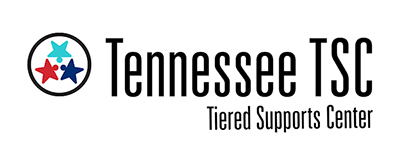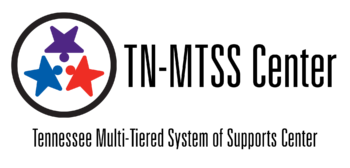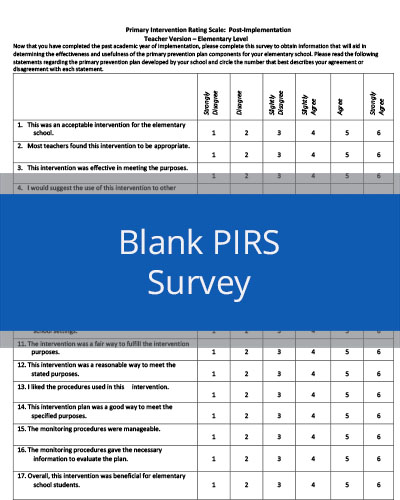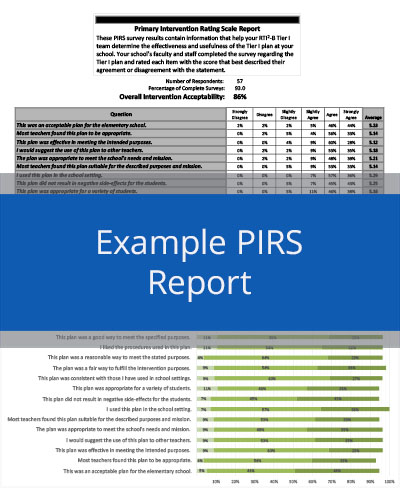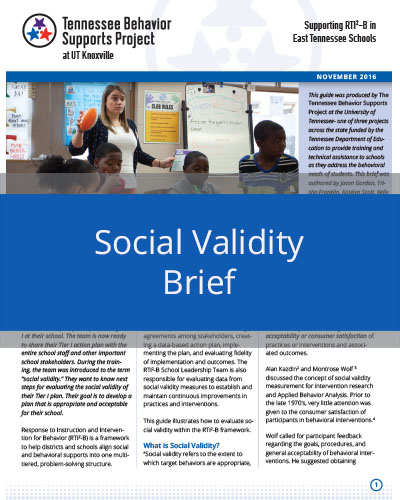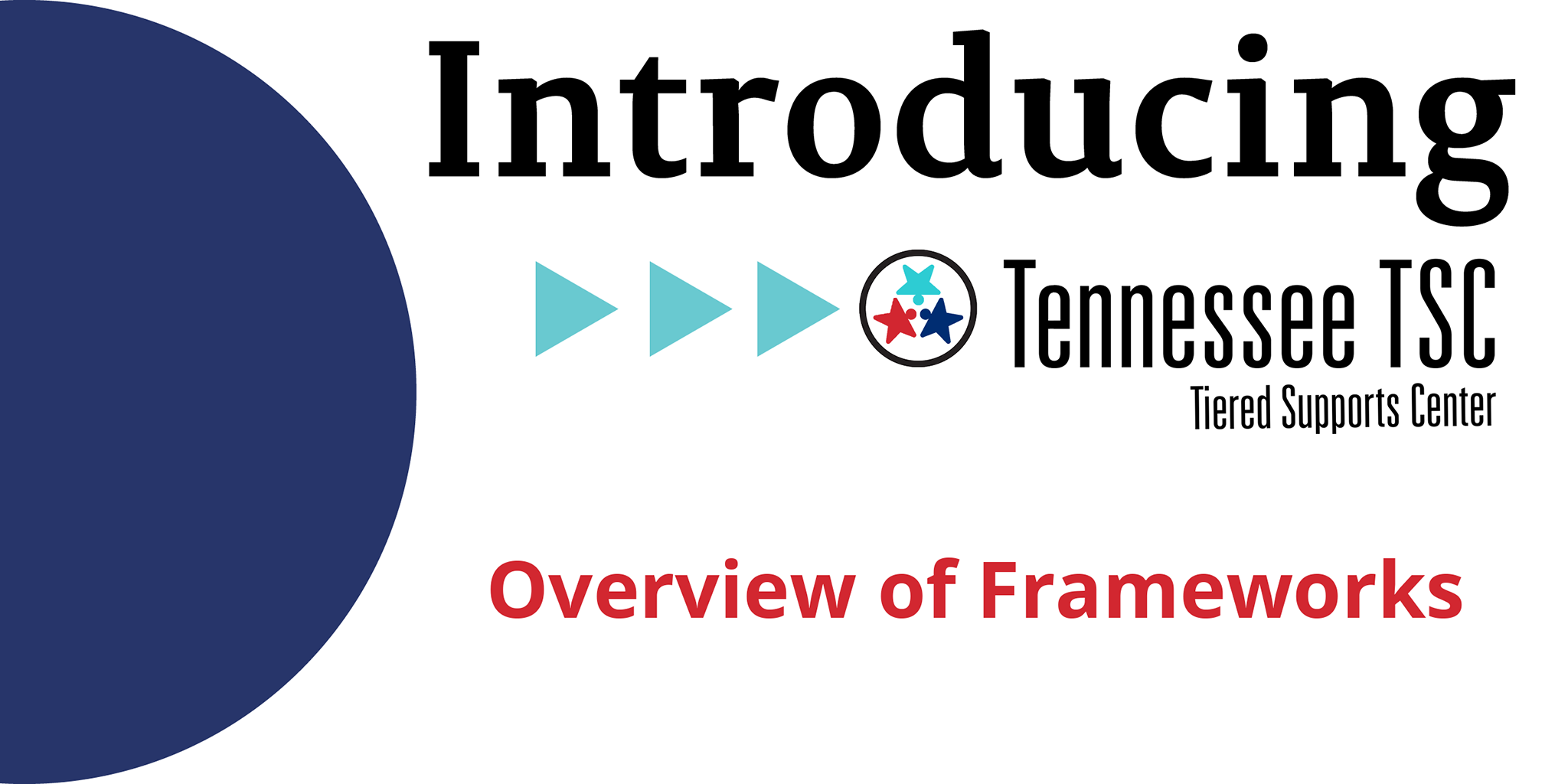
Tennessee’s frameworks for student support match instruction and intervention to student need. Response to Instruction and Intervention for Academics (RTI2-A) is Tennessee’s framework for academic support, and Response to Instruction and Intervention for Behavior (RTI2-B) is the state’s framework for behavior support. Both frameworks promote continuous improvement of instruction and intervention through ongoing, data-based decision making. This responsive and systematic approach allows schools to maximize student achievement and ensure every student receives the instruction and supports they need to be successful (TDOE, 2021).
While RTI2-A and RTI2-B are often implemented as stand-alone or siloed frameworks, RTI2-A+RTI2-B is an approach used to align the frameworks and show how they are intended to work together. The Tennessee Tiered Supports Center (TN-TSC) provides training and technical assistance to support the alignment of these two frameworks. Assistance from the TN-TSC is intended to meet your district and school leadership teams where they are in the process of alignment. TN-TSC will offer strategies for an efficient, data-driven student support system.
Districts and schools that elect to partner with TN-TSC and attend the Overview of Tiered Supports Training will: understand the relationship between academics and behavior; identify the essential components of RTI2-A and RTI2-B (Leadership, Assessment, Data-Based Decision Making, and Instruction and Intervention); and apply new knowledge to establish an RTI2-A+RTI2-B school leadership team.
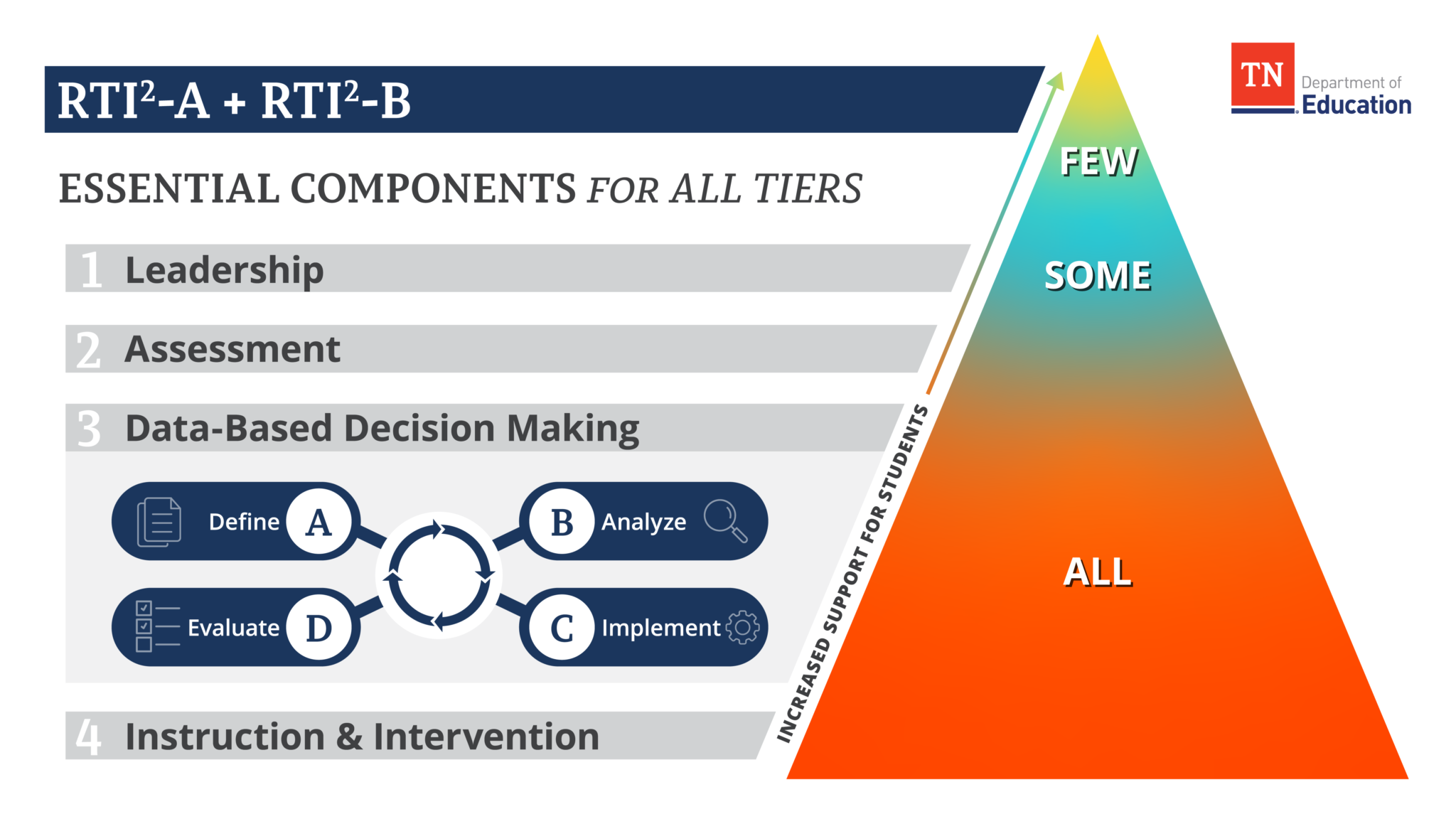
The essential components provide the foundation to help schools and districts build strong tiered systems that are efficient and help students reach positive outcomes. Leadership guides and supports the alignment of knowledge, resources, and organizational structures needed to implement RTI2-A+RTI2-B. Assessment focuses on gathering and using data within a continuous model, and includes universal screening, progress monitoring, diagnostic assessments, implementation fidelity, and data management. Data-based decision making happens across levels, from the individual student to the district, and uses multiple sources to inform selection of instructional practices, intensification of instruction, and identification of students with disabilities. Instruction and Intervention relates to the continuum of support that ensures all learners can access and benefit from high-quality educational programming.
These essential components are represented in the red circles on the graphic below1.
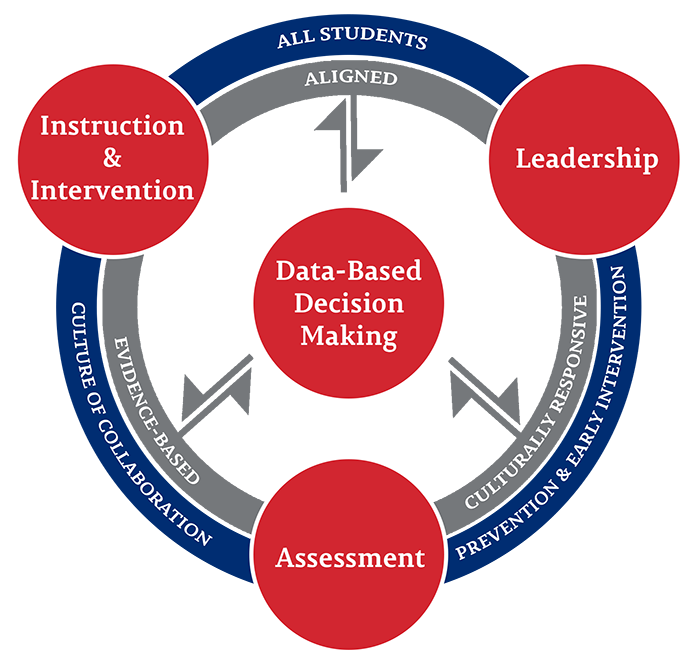
1. Acknowledgements
This graphic is adapted from: Center on Multi-Tiered System of Supports at the American Institutes for Research. (2022). Welcome to the MTSS center. https://mtss4success.org/
